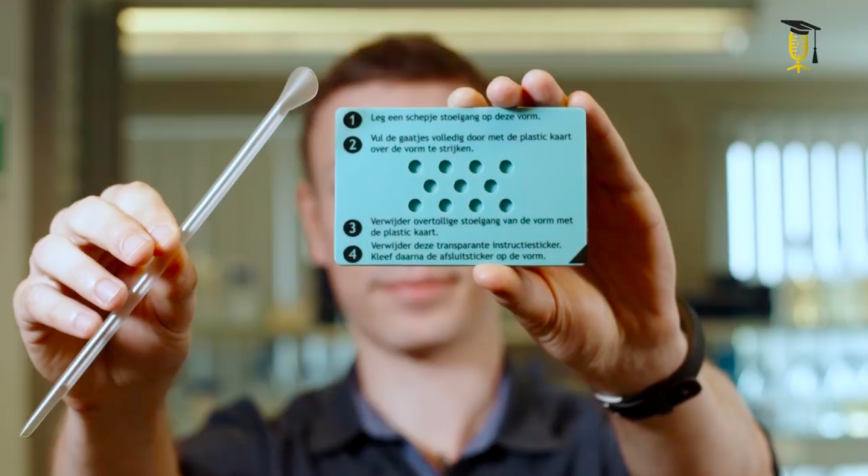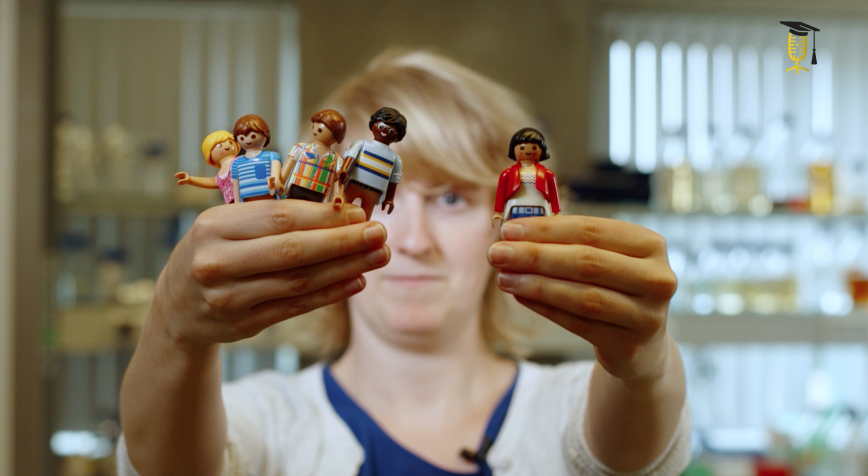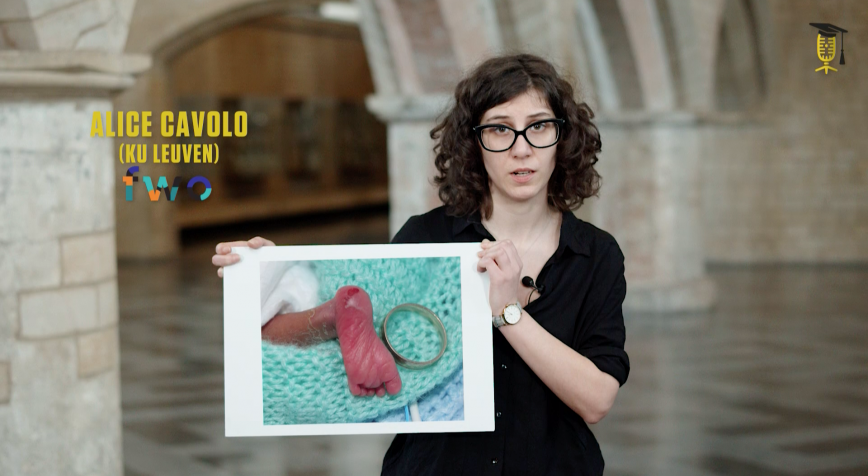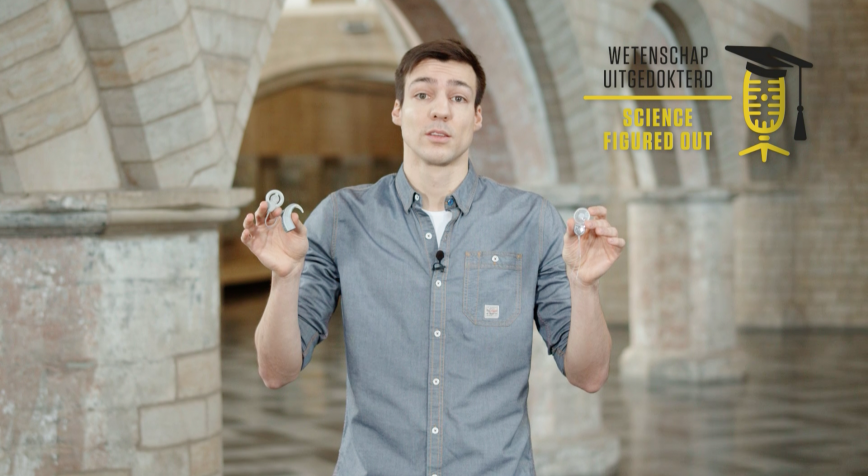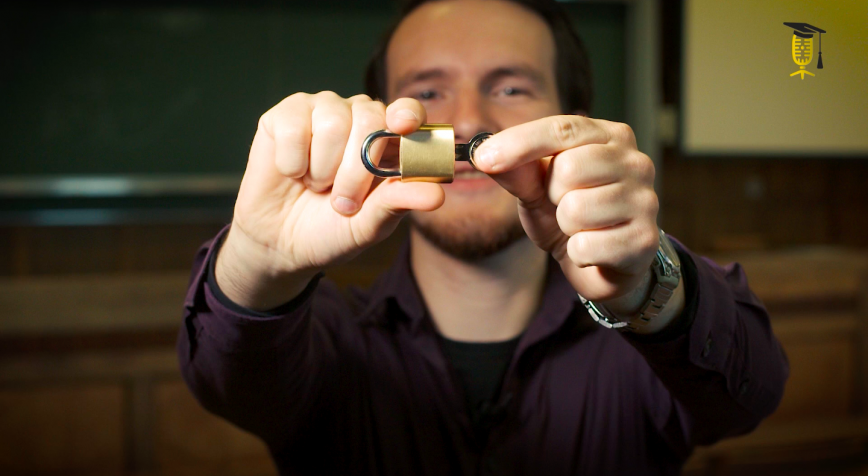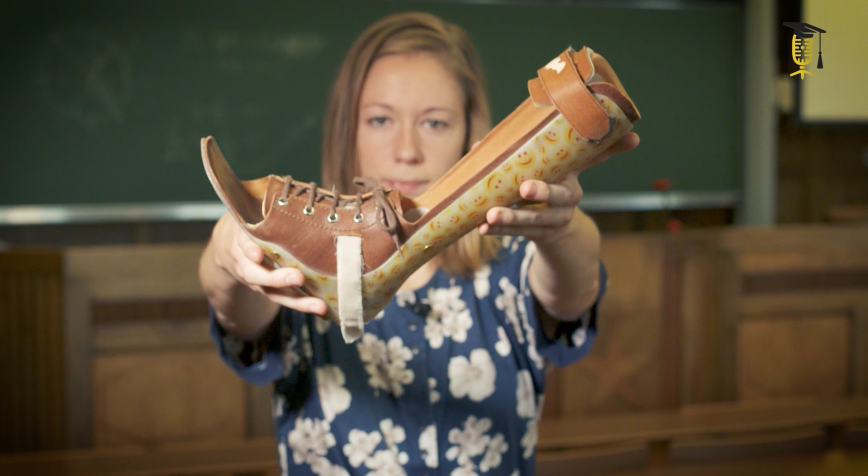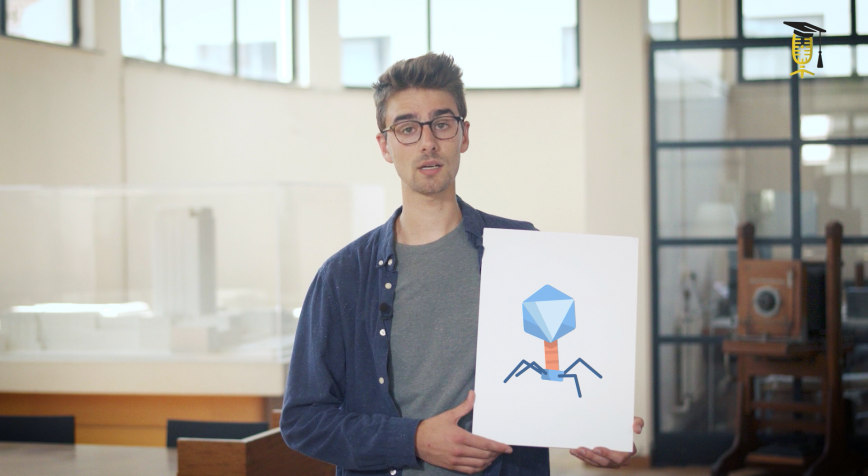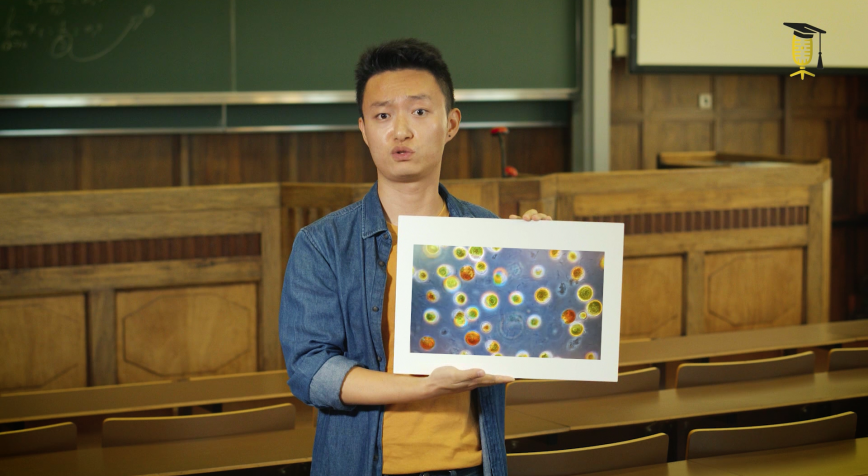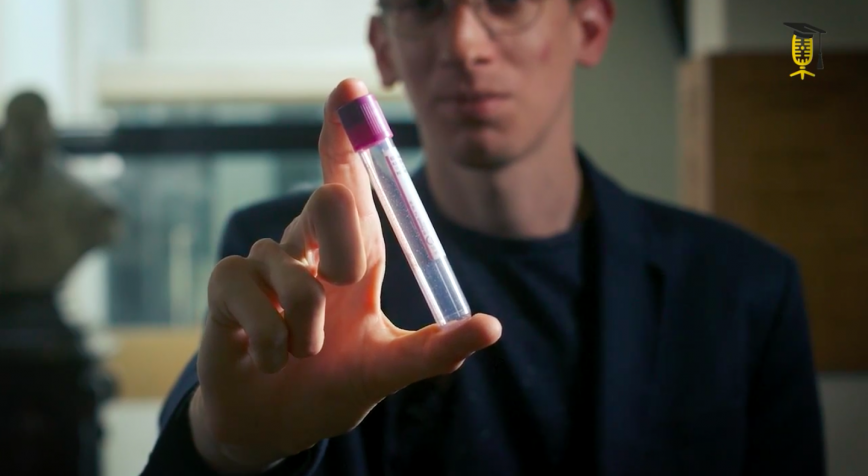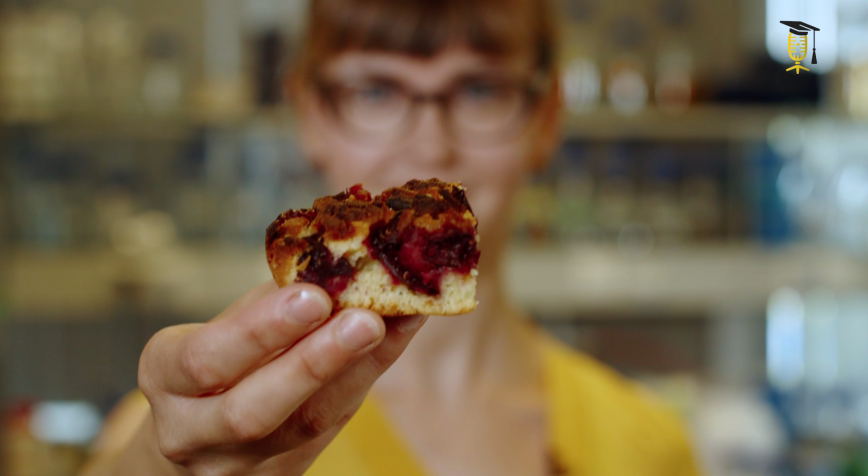
KU Leuven
VIB
Who is hitching a ride on a housefly?
Rahel Park has a dilemma for you: what to do if a bunch of flies land on the cake you were just about to eat? Should you eat it anyway or should you throw it away? Watch the video for the -scientifically substantiated- answer!

